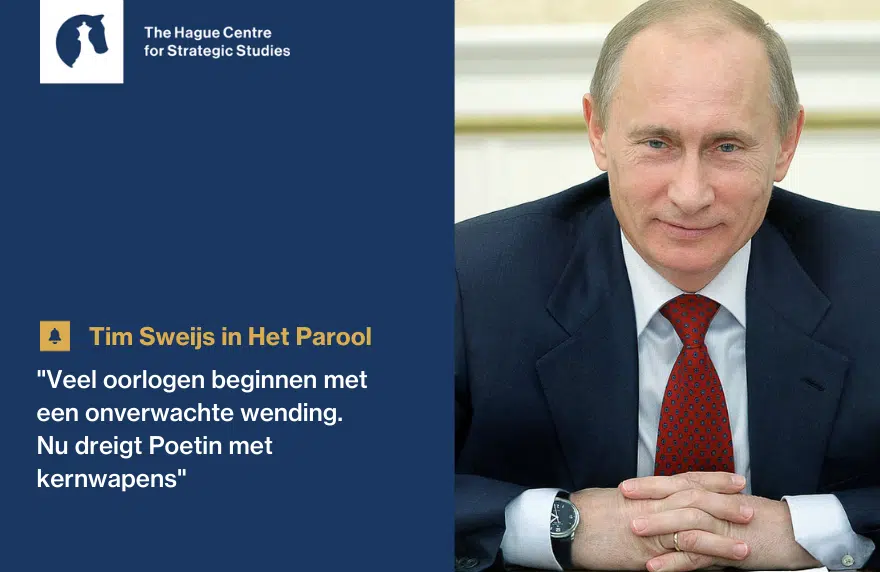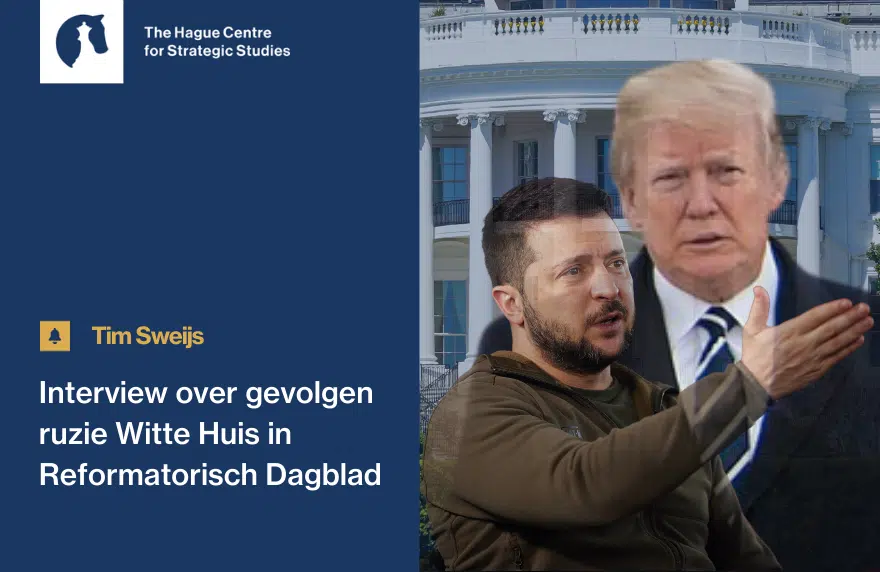Hoop lijkt voor politici een belangrijke drijfveer. Hoop dat de euro de financiële crisis overleeft. Hoop dat de oorlog tegen Kadafi spoedig zal zijn beëindigd.
Neem de euro. De invoering ervan was gebaseerd op de hoop dat op de monetaire unie politieke eenwording zou volgen. Maar historisch gezien lukt een monetaire unie alleen als die het sluitstuk is van een proces van politieke eenwording. Critici van de euro waren veelal niet tegen de munt, maar hadden twijfels over de levensvatbaarheid ervan, juist omdat een politieke unie ontbrak. Want een gezamenlijke munt vereist een supranationale autoriteit die de lidstaten tot begrotingsdiscipline dwingt. Zolang het economische tij meezit, is er niets aan de hand. Maar in zwaar weer zijn de gevolgen voor de munt in potentie desastreus.
Dit werd al in 2003 en 2004 zichtbaar toen Duitsland en Frankrijk zich niet aan het stabiliteitspact hielden en hun begrotingstekort boven de drie procent van het Bruto Binnenlands Product lieten oplopen. De ministers van financiën en later de Europese Commissie zagen af van maatregelen. Daardoor werd de weg geopend voor landen als Griekenland om de begrotingsregels aan hun laars te lappen.
Griekenland zelf had de euro zelfs nooit mogen krijgen. De ware wankele staat van de economie werd door gesjoemel met de boekhouding verdoezeld. Maar er was hoop dat het allemaal wel zou loslopen en Griekenland zijn zaken alsnog op orde zou krijgen.
Inmiddels is de Griekse kwestie zo ver doorgewoekerd dat zelfs Duitsland afstand begint te nemen van het naoorlogse Europese idealisme. En daardoor wordt de hoop kleiner dat de euro, ja zelfs de EU in zijn huidige vorm, de crisis overleeft.
De stap van de eurocrisis, een direct gevolg van de financiële crisis die sinds 2008 over de wereld raast, naar de oorlog in Libië is snel gezet. Vanwege de door de crisis afgedwongen bezuinigingen constateerden de Britse admiraal Stanhope en de Franse generaal Abrial zuchtend dat er nog geld is voor een half jaar oorlogvoeren.
Een oorlog beginnen terwijl je als land in geldnood zit, lijkt tamelijk stupide en duidt erop dat de interventie in Libië op een totaal verkeerde inschatting is gebaseerd. De hoop dat met luchtsteun de rebellen snel aan een overwinning konden worden geholpen of dat de aan Kadafi loyale stammen tegen hem in opstand zouden komen, bleek onterecht.
Ook nu was het gevolg dat Europese leiders zich in een moeilijke positie manoeuvreerden. En ook hier geldt dat critici vooraf al tegen de hoop op een snelle afloop waarschuwden en dat die waarschuwingen in de wind zijn geslagen door de Europese leiders.
Wat is dat toch? Waarom nemen politici beslissingen die op de korte termijn het goed doen bij de kiezer, maar op lange termijn desastreus uitpakken? Misplaatst optimisme? Dedain ten aanzien van feiten en analyses? Onkunde? Overdreven dadendrang? Zeker is dat op basis van hoop geen beleid kan worden gemaakt.
Inmiddels is duidelijk dat beleid gebaseerd op hoop in plaats van op feiten rampen voor de samenleving kan opleveren die voorkomen hadden kunnen worden. Uiteindelijk rekent de kiezer politici daarop af en niet op ondoordachte beslissingen die slechts bevrediging voor de korte termijn schenken.
Trouw






